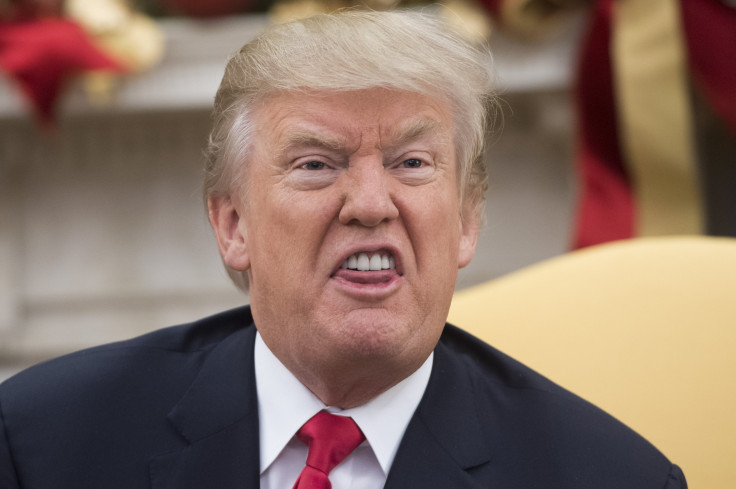What Happens In A Government Shutdown? Effects Of Funding Bill Not Passing

At the time of publication, the United States federal government has about 30 hours to avoid the seventh shutdown in its history. That means, by the end of Friday, Americans will know whether or not the U.S. government will continue operating at full capacity after that deadline.
But what, exactly, does that mean? For most Americans, very little. Just refer to this tweet from now-president Donald Trump, written in the weeks preceding the October 2013 government shutdown:
“Here’s the truth, the gov't doesn’t shutdown” http://t.co/Ny6RxVYiP0 via @AP. All essential services continue. Don't believe lies.
— Donald J. Trump (@realDonaldTrump) September 23, 2013
A federal government shutdown in the U.S. happens when congress does not pass funding legislation by the deadline to do so. It has happened six times since 1981, with the most recent shutdown taking place over a period of about two weeks in 2013. As Trump’s old tweet said, all essential government services will continue to function as normal during a government shutdown.
That means business as usual for everything that exists to maintain America’s basic, everyday existence. That includes all forms of law enforcement, TSA screeners, air traffic control, the postal service and Social Security. Large numbers of federal employees may be placed on furlough, but according to CNN, those people were paid after the fact once prior government shutdowns were sorted out.
One of Trump’s biggest talking points leading up to Friday’s budget deadline is the effect a shutdown will have on the U.S. military.
A government shutdown will be devastating to our military...something the Dems care very little about!
— Donald J. Trump (@realDonaldTrump) January 18, 2018
However, like everything listed above, the military is considered an essential service and would continue to operate as normal during a shutdown, according to NBC News. One caveat is that soldiers may not get paid until the shutdown is over, but during the 2013 shutdown, then-president Barack Obama signed an agreement to make sure they were compensated. That said, civilian contractors could be furloughed during a shutdown.
It is worth noting that civilian life would not be entirely unaffected by a government shutdown. Passport offices could be disrupted, while national parks would most likely be closed, according to USA Today.
© Copyright IBTimes 2025. All rights reserved.





















